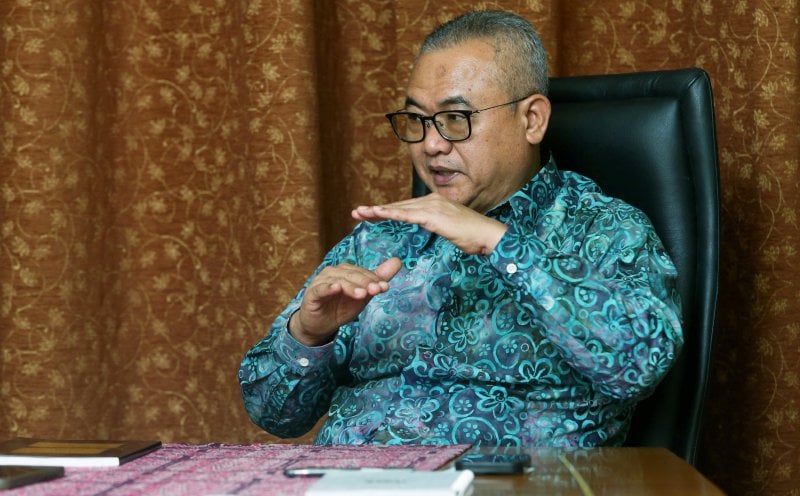ECONOMY
I AM not overly worried about the prospects for our economy next year. Despite the fall in oil prices and the continuing geopolitical risks that might scuttle the strong economic recovery of the United States, Malaysia can still make it, next year.
In fact, I agree with the prime minister, and, as stated in the World Bank report, our strong economic fundamentals, strong banking system and the tough measures being taken to deal with the governments financial position, Malaysia has enough headroom to move ahead with respectable growth rates in gross domestic product, employment and higher standards of living for the people.
For many companies, the fall in oil prices is a boon to their fortunes. Scientex, a company which I am chairman of, announced recently that lower oil prices would make its petrochemical-based raw material purchases cheaper, while the weaker ringgit would make its export manufacturing more competitive in the world market.
Some sectors, like the oil and gas industry will, of course, experience a set back.
The low oil prices and the fall in the ringgit are no small matter for the country. But the silver lining is that these downturns may be short-term rather than a long-term. So, there is no reason to be pessimistic about our economic prospects.
The government will achieve considerable savings from the abolition of the oil subsidy, and earn more revenue from the Goods and Services Tax, enabling it to strengthen the economy and create growth.
Malaysia is still attractive to investors. The World Bank believes foreign direct investment into Malaysia will remain strong.
With less to pay for fuel and energy, and with lower inflation, consumers will have more money in their pockets. Consumer spending is an important component of GDP, and its resilience is another positive factor for our economy, which is now more consumer and service driven, a sign of its growing maturity.
We should be more worried about structural issues affecting the long-term competitiveness of the country.
Education, the brain drain, integrity in the government, public security, meritocracy, religious extremism and racism — these are the more difficult issues that the government cannot tackle without the broad support of people of all races in the country.
Any wrong move, like the introduction of hudud, will trigger questions from investors and business leaders about the likelihood of Malaysia becoming another failed state, like the conflict-stricken countries in South Asia and the Middle East.
Malaysia, which is highly dependent on trade and foreign investment, must uphold the sanctity of the legal and justice system under the Federal Constitution.
The supremacy of the Constitution is fundamental towards providing the confidence to the world that we are a stable country with democratic rights that meet the needs of our multiracial and multireligious population.
The level of confidence that Malaysia will stay a constitutional, secular democracy is what will make or break this country, not the oil price.
Tan Sri Mohd Sheriff Mohd Kassim, Kuala Lumpur










